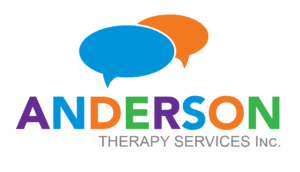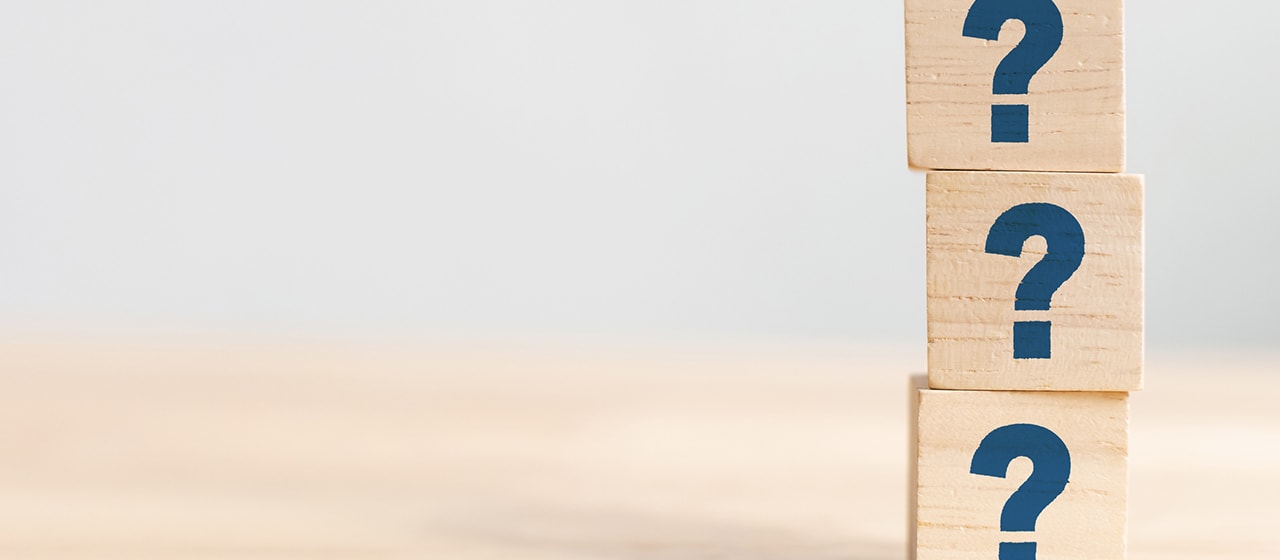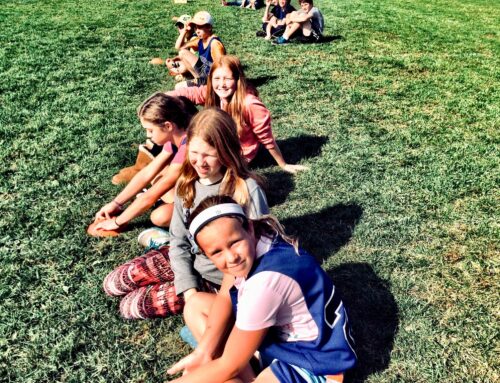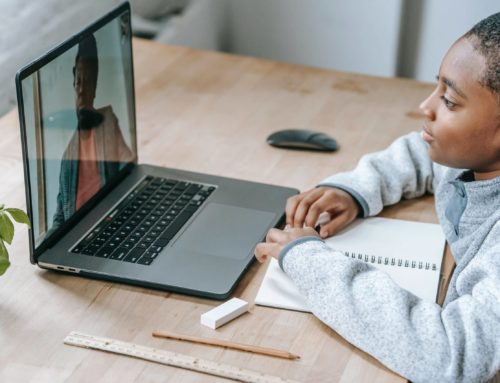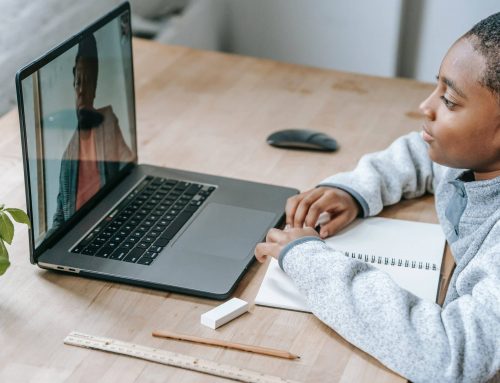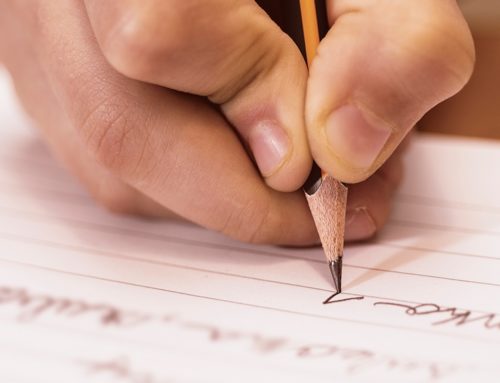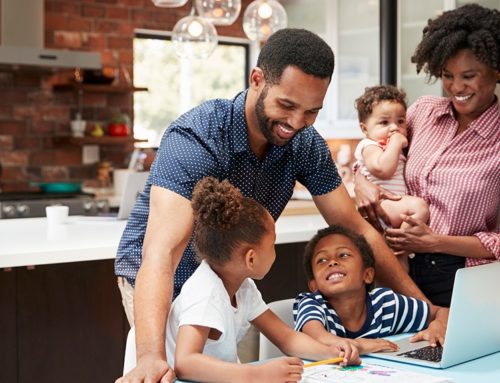Questions Questions
Children begin to understand and use simple questions from about the age of 18 months through gestures and single words. For example, your child may come up to you holding a new object and say “Dat?” with the rising intonation that is used for a question. As they get older they will learn how to ask and answer different types of questions.
What?
This is the first question form children usually understand and ask, because adults often ask children “what’s that?” when playing and looking at books. If your child doesn’t respond, model the correct answer. Pause when looking at books together to allow your child time to point to the pictures themselves and ask you what something is.
It is also helpful to ask an open-ended question such as “what can you see on this page?” This encourages your child to say more than just a one-word answer.
Who?
Look through a photo album or the pictures on your phone and ask your child “who’s that?” and give the correct answer yourself “it’s Grandma” so they begin to associate a “who” question with a person.
Where?
Use “where?” questions when going out and about. Ask and answer the question yourself “where are we going? – we are going to the park”. You can then ask your child again “where are we going?” for them to answer – “the park”. Other simple “where?” questions include “where are your shoes?” Show your child that “where” indicates a place. Start looking for them in different places and keep asking “where are they?” “are they under the bed? Are they in the closet?” and so on.
When?
This is a more difficult question as it applies to the past or future rather than the here and now. “When” questions also require a certain amount of knowledge. For example, to answer “when is your birthday?” they need to know the month of their birthday. “When” is best introduced as part of a conversation perhaps whilst looking at a book. If there’s a picture of a child brushing their teeth, you could model “when do you brush your teeth?” – and help them with the answer “before bed”.
General tips for developing use of questions:
When reading books together, try to ask a variety of questions. It can be easy to slip into the habit of asking “what’s that?”, so try to think about other types of questions. For example, “what is the boy doing?”, “where do you think he’s going?”, “who is the tallest?”, “when do you have breakfast?”.
Asking questions beyond the here and now is harder. Talking about the school day is a good way to practice some WH questions – “What did you learn? “Who did you play with?” “When did you eat lunch?” “Why did you bring your books home? If your child struggles, then give a choice e.g. “did you play with Beth or Natasha?” or “did you do music or gym?”.
Remember not to give too many questions at once, and make sure you give your child time to answer one question before asking the next. They do not want to feel they are being “put on the spot” with their talking. Keep positive and give plenty of feedback when they answer questions well.
